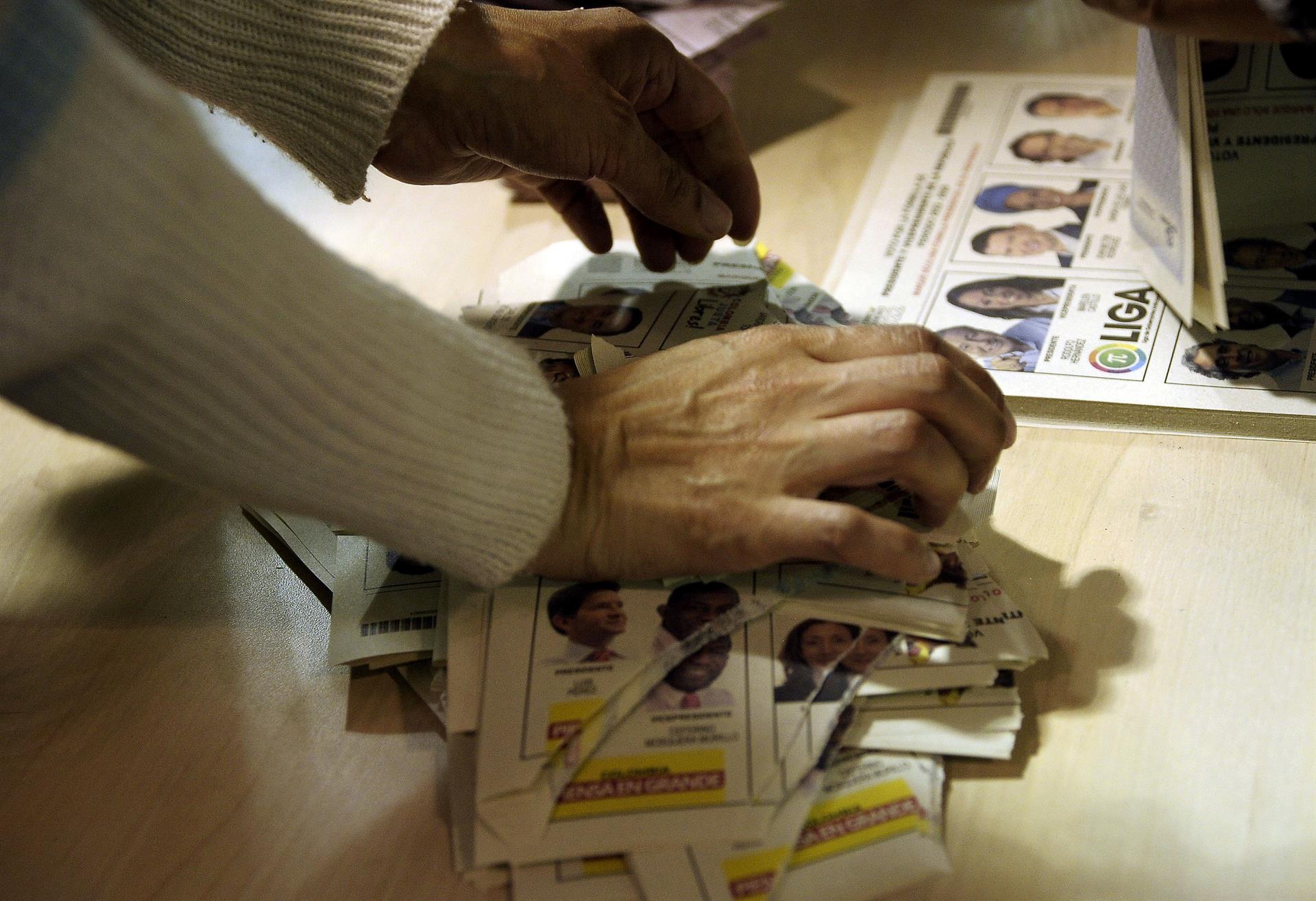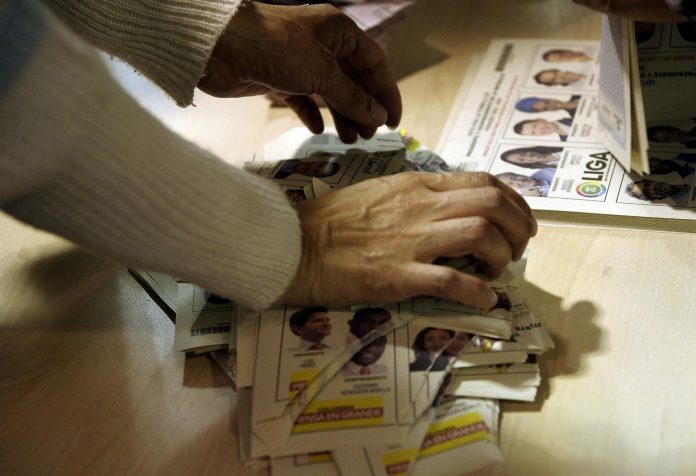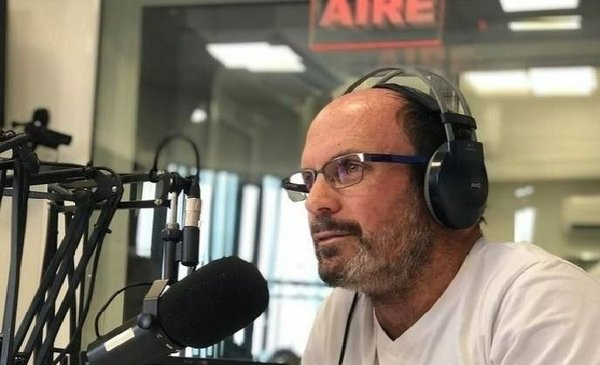1. Colombia showed that it is no stranger to the whirlwind of political changes that shakes all of America. From north to south. It is all of America breaking with the historical political status. Today the pendulum in Latin America favors the so-called Left and the irreverent anti-status (in Europe they are called “los Indignados”), and Colombians decided to bet on this adventure.
2. In reality, 70% of Colombians did not vote for Petro and Rodolfo Hernández but instead voted against the status. Both were the channel of that protest against suicidal politicians chained to an aging and useless comfort zone. And, as we already know, when the politicians fail, the people invent.
3. The desire for change in Colombia is the same as in all Latin American countries. Nothing new. Venezuelans did the same when they voted for Chávez in 1998, and Latin Americans for so many other insurgents in the last 30 years. They finally discovered that they still clung to the old face of power. They got more (or worse) of the same.
4. Colombians are not sure if Petro or Hernández will do it right, but what they are sure of is that the status representatives have done very poorly in resolving the great social disparities, high levels of poverty, insecurity, organized violence, and corruption, and that has pushed millions of Colombians into a diaspora by trickle.
the second round
5. On June 19, the Colombia that wants changes will decide between two sixty-year-olds. Curiously, these older adults become the hope of the young.
6. Petro and Hernández were characterized by irreverence and rebellion against status. Petro is a structural rebel with a solid political background (of a socialist nature). He openly declares himself a supporter of all the leftist governments in Latin America and of the Sao Paulo Group. He insinuates that he is more like Lula Da Silva than Chavez and Maduro. Overall, everyone is clinging to the old face of power.
7. Rodolfo Hernández is a conjunctural rebel, since he belongs to the “capitalist” status of Colombia. He built an irreverent electoral narrative, in which he fights political status, government bureaucracy, and declares himself an enemy of widespread corruption.
8. Gustavo Petro promises “social justice.” The great drama of leftist politicians is that they promise a lot but never ask “Who pays the bill”. However, Petro has already said where the money will come from: he promised to raise taxes on the private productive sector. That is to say, he will activate the globally failed “equitable distribution of wealth”.
9. By the way (and for what it’s worth to Colombians), when in Venezuela there were good oil prices to pay the bills of “social justice”, Chávez’s project was seductive, righteous and avenging, and socialism reappeared as a new hope of change.
10. But in the midst of this revolutionary fantasy, Chávez – who believed that oil manna would be eternal – decided to ruin the “exploiters and bloodthirsty” private businessmen. Result: Venezuela went bankrupt. Nicolás Maduro, instead of correcting his course, accelerated towards the ravine. And “social justice” became the worst human nightmare in Latin America.
11. Petro will never have Chavez’s oil and will inevitably have to hit the productive sector in order to fulfill all its promises of social justice. And that will be the beginning of an economic and social tragedy. And if he does not keep his promises, trying to safeguard the productive sector, then it will be the beginning of his political tragedy. Without a doubt, a great dilemma. The same dilemma of Boric in Chile and Castillo in Peru.
12. Rodolfo Hernández is openly capitalist, but irreverent in the face of capitalist political status. He wants to be the leader of the new politics. His style is authoritative and bossy. He is macho and an admirer of Hitler. His closest political references in America would be Trump, Bolsonaro and Bukele.
13. Unlike Petro and the Historical Pact, Hernández has a very precarious political organization. His greatest strength is his speech against “politicking and corruption”, and the intelligent and effective use of social networks, especially TikTok. That is, his power lies in his individual leadership. This type of leadership in today’s society is very fragile.
14. Within 3 weeks, Colombia will decide between two options united by the protest against the status, by the recognition of the government of Nicolás Maduro, by populist proposals, and supporting political theories belonging to the old face of power.
15. Petro needs to add a million new votes to win. Very complex task because it will have to fish for voters who militantly preferred Fico and Fajardo, candidates supported by affection for the status, or upset with the status but opposed to the left. Has Petro reached his ceiling?
16. Rodolfo Hernández needs to add 3 million new votes, even though he has perhaps more room to grow (since Fico asked to vote for him) but it is not an easy goal. Perhaps all the other factors that want to block the path to the left and to Petro are added to it. But it is also possible that abstention will end up dominating the minds of millions of Colombians who do not want either of them and decide not to vote.
17. In both cases, and as Petro himself said, Colombia begins a new political era. It is the greatest challenge in all of Colombian political history. Within 4 years, Petro or Hernández will already be part of the status. Its success will be a complex challenge and new political options will emerge.
18. Well, we guess so. It was thought that with the rise of Chavez’s failed socialist project, Venezuelans would build the political forces of the Network Society and bring about change, but Venezuela remains stuck in the politics of the last century, with dysfunctional political parties, both those of the government and of the opposition. God bless and strengthen the wisdom of the Colombian brothers.









